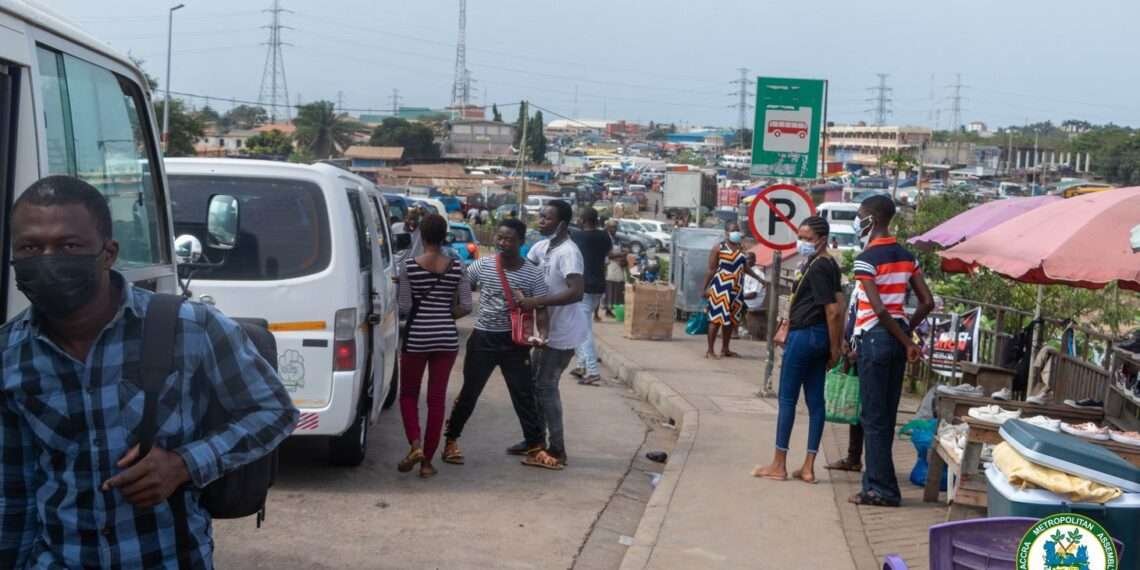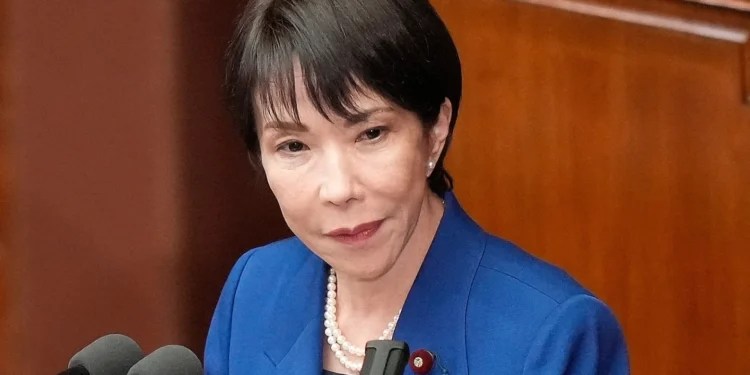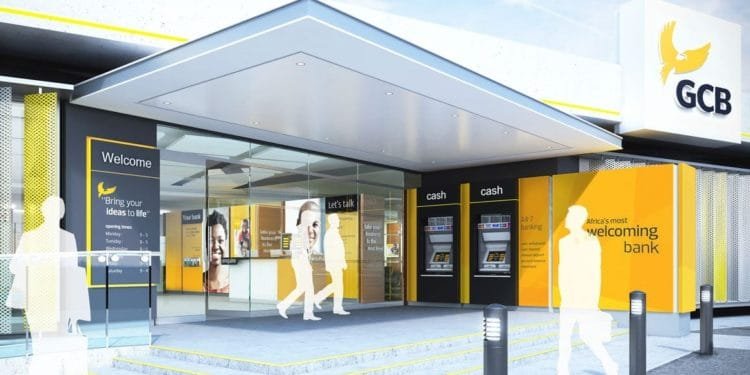The Chamber of Petroleum Consumers (COPEC), a significant stakeholder in Ghana’s energy sector, has expressed its discontent with the Transport Ministry’s recent directive to the Ghana Police Service concerning the introduction of new transport fares.
This move has sparked a wave of criticism from COPEC, highlighting concerns over the potential impact on the economy and the livelihoods of consumers.
“The Transport Ministry has no basis in law to determine transport fares, especially in a deregulated market like we have, where the cost of fare is passed on and not regulated by government. The cost of insurance is simply added on year in, and year out. The cost of fuel goes up at will. As and when the dollar goes up, as and when international markets go up, as and when taxes go up, your fuel prices are rising.”
Duncan Amoah, Executive Secretary of COPEC
COPEC’s Executive Secretary, Duncan Amoah, disputes the Ministry’s authority in this matter, arguing that it cannot compel transport unions to adhere to its directive. He contends that the Ministry has failed to address the underlying factors contributing to the alleged fare increases, making its directive ineffective and inappropriate.
The Ministry of Transport stated that negotiations for new public transport fares are ongoing with Road Transport Operators, but no specific rates have been mentioned. The Ministry directed the Ghana Police Service and other security agencies to monitor and apprehend commercial drivers who charge fares exceeding the approved rates, reflecting an attempt to address the issue of fare hikes.
The Ministry emphasized the importance of adhering to the current fares set by the Ghana Private Road Transport Union (GPRTU) of the TUC and the Ghana Road Transport Coordinating Council (GRTCC). The Ministry’s Public Relations Unit highlighted that drivers must comply with the established fares, warning of legal consequences for those who fail to comply with the directive.
In some parts of the country, commercial drivers have threatened to increase public transport fares due to rising costs of fuel and spare parts. For instance, the lorry fare from Atadeka to Accra, which used to cost GH¢17.00, is now GH¢20.00. Also, the lorry fare from Circle to Tema, which used to cost GH¢15.00, is now GH¢18.00. This indicates that while there are no specific approved rates mentioned, there have been instances of fare increases in response to operational costs.
Transport fares have also risen by twenty percent in the Central Region, impacting various routes. For example, the fare from Ashaiman to Cape Coast has increased from GH₵65.00 to GH₵80.00, and the journey from Ashaiman to Twifo Praso now costs GH₵90.00, up from GH₵75.00. These fare adjustments are attributed to the escalating costs of fuel, spare parts, and other operational factors.
Transport Fares Affect the Economy

Transport fares in Ghana significantly affect the economy and livelihoods of transport owners and drivers. The decision by the Transport Operators Union and the Concerned Drivers Association of Ghana to increase transport fares by 30% from March 7, 2024, is a direct response to the continuous surge in fuel prices, which has significantly impacted their livelihoods and made it challenging to sustain their operations.
“Why is the Transport Ministry in all of these discussions? And so, we think that the Transport Ministry should not arrogate to itself constitutional powers that it does not have at present to even call for the arrest of drives simply because they are trying to recover the costs of their operation. I am not suggesting the drivers should just go ahead and charge too much, but if there is a need for them to go up in transport fare, so be it.”
Duncan Amoah, Executive Secretary of COPEC
The impact of these fare hikes extends beyond the immediate financial strain on transport operators. It affects the economy by potentially increasing the cost of goods and services for consumers, which could lead to reduced consumer spending and economic slowdown. Additionally, it affects the livelihoods of commuters, who may face higher transportation costs, potentially leading to increased poverty levels among those who rely heavily on public transportation for their daily commute.
Moreover, the decision to increase fares by 30% is seen as a necessary step to sustain businesses, given the escalating costs of fuel and other operational expenses. This move reflects the challenges faced by the transport sector in Ghana, highlighting the need for constructive dialogue between the government, transport operators, and relevant authorities to address these challenges and implement fare adjustments that reflect the current economic realities.
READ ALSO: Fidelity Bank Iterates Commitment Empowering Women Entrepreneurs























